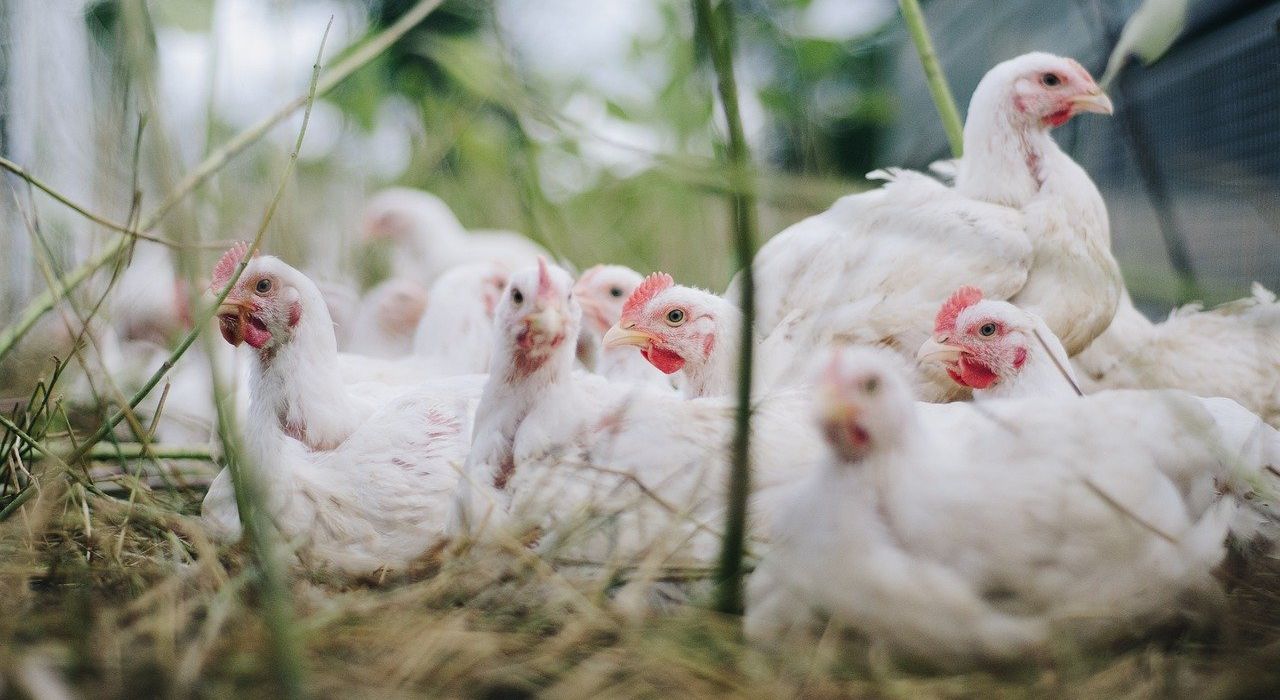Intervening rights address the impact on third parties when a patentee makes substantive changes to the scope of patent claims in a post-grant proceeding (reissue, reexamination, AIA trial). Courts have recognized that such changes in claim scope leave “the door … open for gross injustice” when a third party, having already begun to make, use, or sell a given article, finds its previously lawful activities subsequently infringing under a modified patent. Marine Polymer Techs., Inc. v. Hemcon, Inc., 672 F.3d 1350, 1361 (Fed. Cir. 2012).
Intervening rights wholly protect a third party from infringement liability for activity prior to issuance of claims changed in post-grant proceedings (absolute intervening rights). However, whether there is infringement liability for continued activity after issuance of the changed claims is decided by judges (equitable intervening rights). The CAFC recently considered whether a district court properly granted summary judgment as to equitable intervening rights in John Bean Techs. Corp. v. Morris & Assocs., 2020-1090 (Fed. Cir. Feb. 19, 2021).
John Bean was the owner of a patent directed to poultry chillers. Morris sent a letter to John Bean in 2002, arguing that the patent was invalid over prior art. John Bean did not respond, and Morris proceeded to develop and sell poultry chillers. In 2013 – 11 years after Morris sent its letter – John Bean filed a request for ex parte reexamination, which issued with amended claims in 2014. Six weeks after the reexamination certificate issued, John Bean sued Morris. After several years of litigating, the district court granted Morris summary judgment based on its assertion of equitable intervening rights.
In granting summary judgment, the district court considered a number of factors relating to the type and amount of investments in poultry chillers made by Morris before the reexamination certificate issued. Morris noted its “years of research, developments, investments, improvement, promotion, and goodwill associated with the accused product” and conversion of “nearly [two-thirds] of its business to selling the accused product.” John Bean focused on one factor: whether Morris made profits sufficient to recoup its investment. John Bean argued that Morris had fully recouped (and then some) any monetary investment made in reliance on the scope of the claims of the original patent, and this should foreclose the grant of equitable intervening rights.
The CAFC disagreed, stating:
… recoupment is not the sole objective of [the intervening rights statute’s] protection of “investments made or business commenced” before the claims’ alteration… We see no indication in the statute that monetary investments made and recouped before reissue are the only investments that a court may deem sufficient to protect as an equitable remedy.
Noting the district court’s finding that John Bean’s delay was in bad faith, and Morris’s investment was more than just a financial investment, the CAFC affirmed summary judgment. Thus, Morris was permitted to continue unfettered in its poultry chiller business.
Takeaway: Neither patent applicants nor examiners are omniscient, so patentability/validity issues may arise after a patent issues. When considering – or being forced by a third party to consider – post-grant proceedings, it is important to appreciate the risks associated with amending the claims of an issued patent. Of course, the best course of action is to preserve useful, original patent claims. If this is not possible, a patentee should correct defective patent claims with deliberate speed and awareness of the activities of competitors in the marketplace.
Judges: Laurie, Reyna, and Wallach

